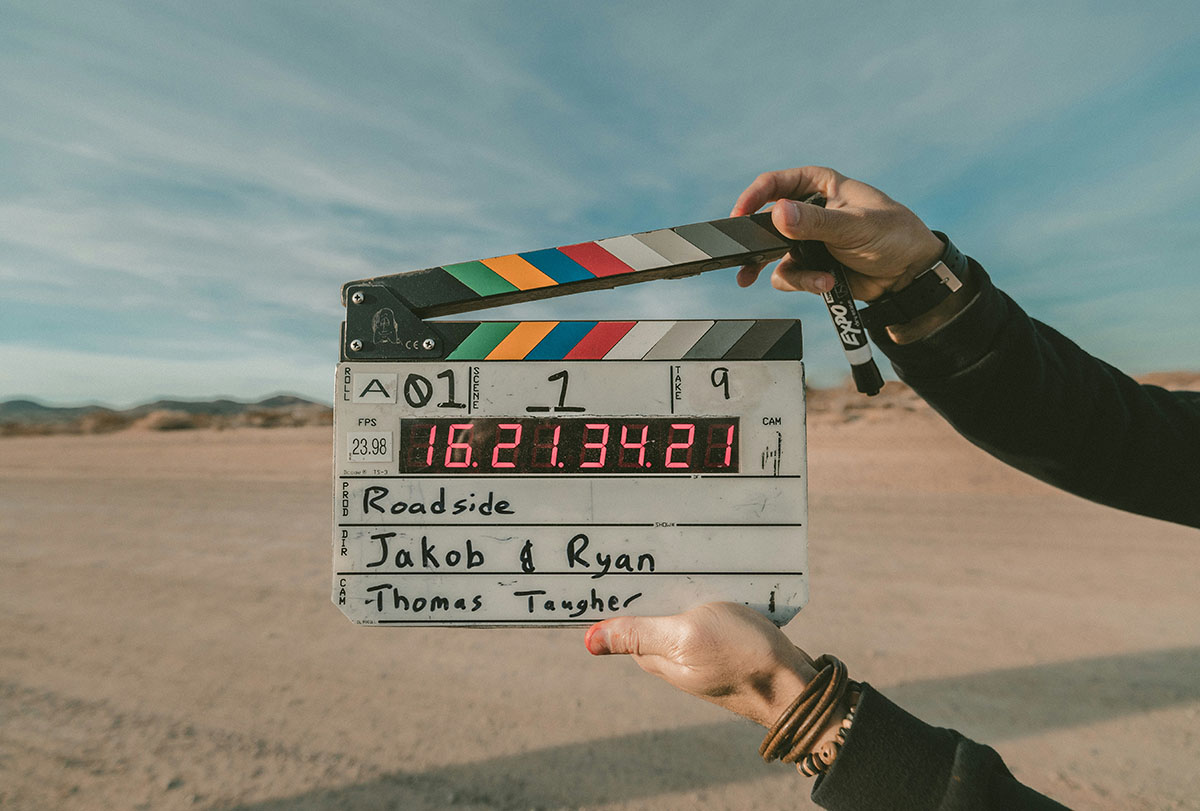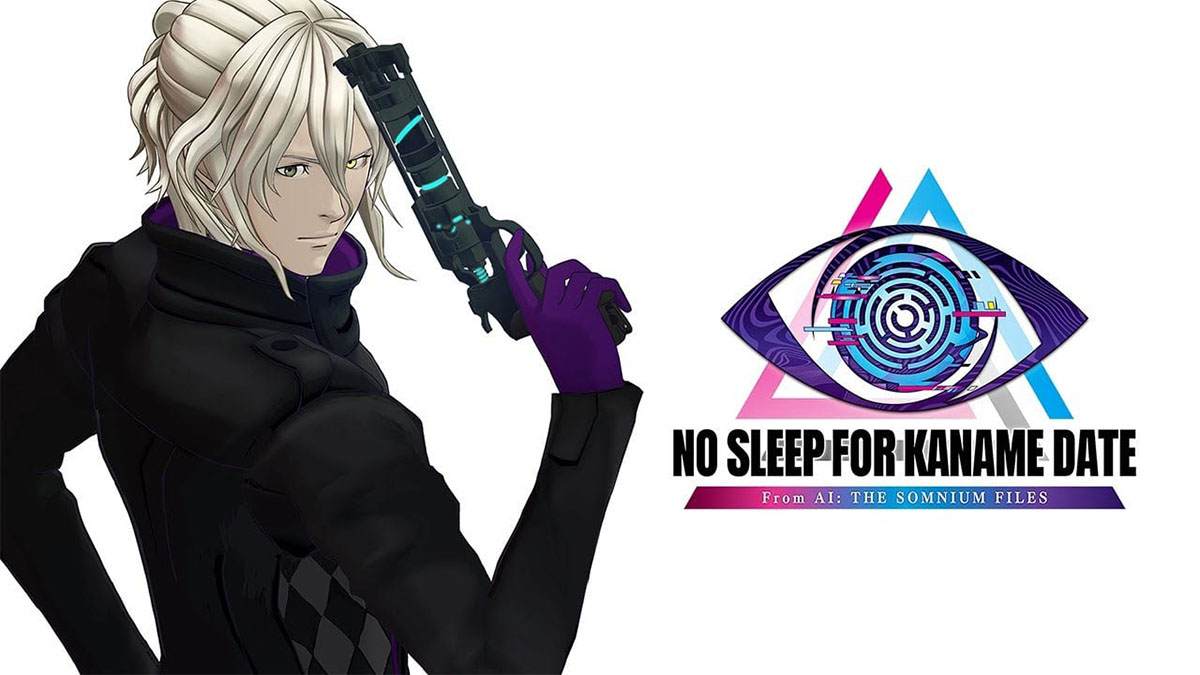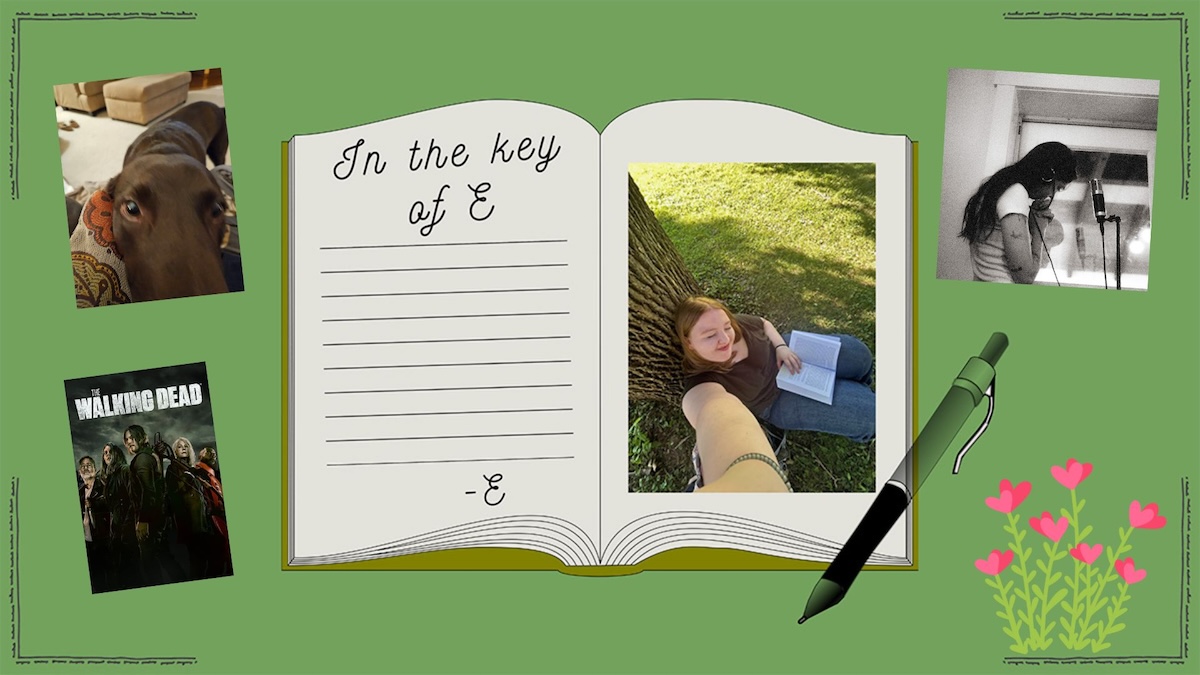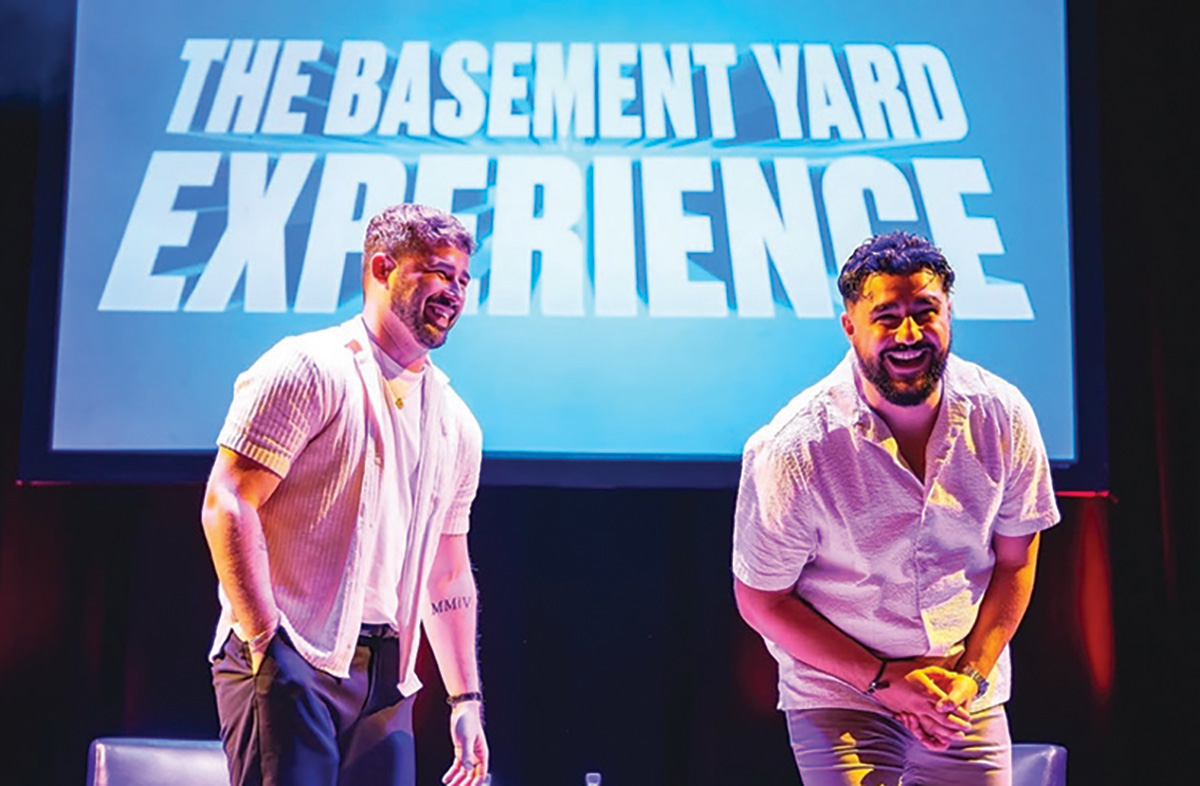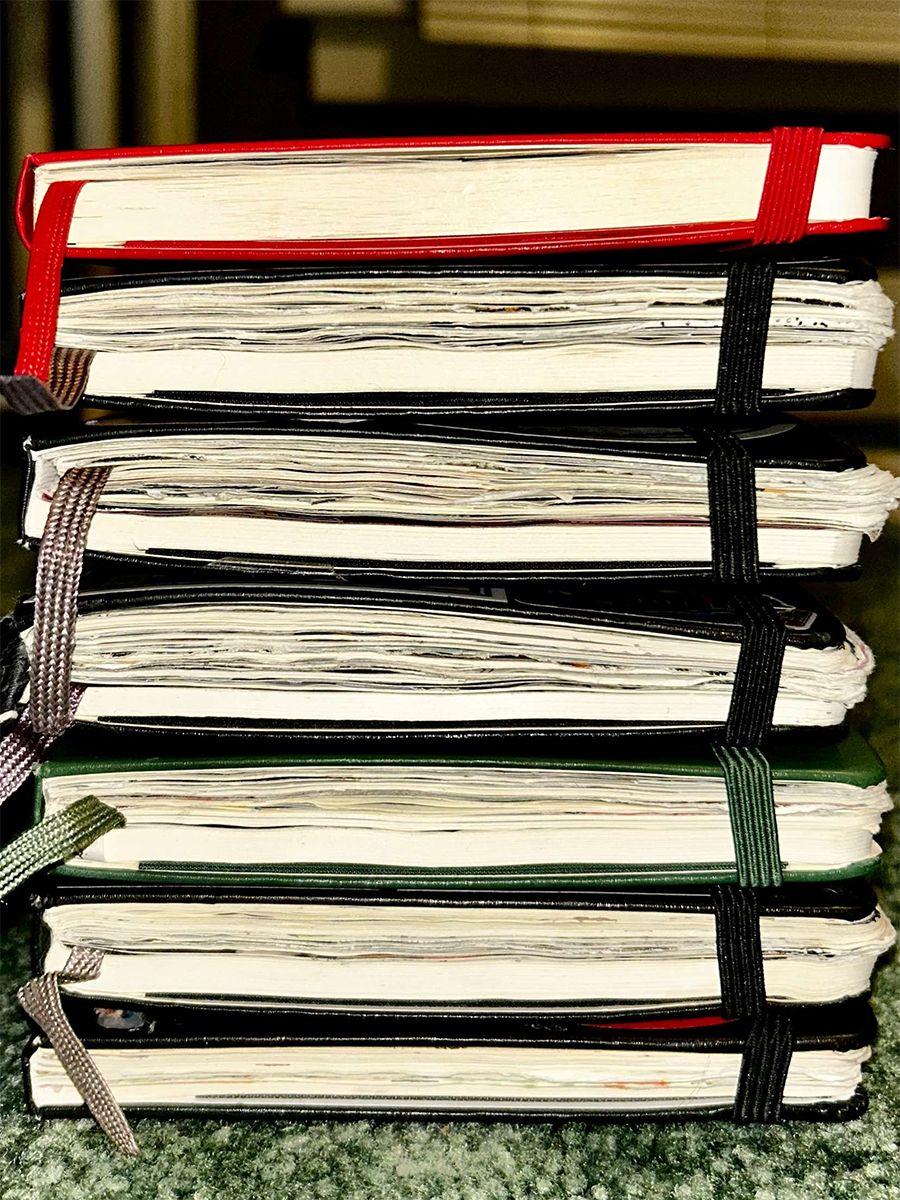 Molly Tumanic
Molly TumanicSecretary of Defense Donald Rumsfeld once said, “Don’t do or say things you would not like to see on the front page of The Washington Post.”
Unfortunately, one of UW-Eau Claire’s very own got a less-than-flattering review on the front page of our Showcase section last week. In the April 22 issue of The Spectator, a male student was incorrectly and embarrassingly quoted in the “Meet the Bachelor” column.
The fact is, the student never did or said anything that would give us permission to use his name in such a column.
Regrettably, The Spectator got tangled up in a practical joke played on the so-called “bachelor.” Little did he, along with The Spectator staff, know: He’d open up the paper that morning and see the less-than-funny answers he never gave.
Needless to say, we have some explaining to do.
Call it a bad judgment call, call it irresponsible reporting, or say it was former Vice President Al Gore’s fault for “inventing the Internet.” (The confusion began when a friend of the student gave one of our editors fabricated answers in an e-mail, in place of answers from the actual student.)
Either way, The Spectator has sincerely apologized to the student, and we are changing our guidelines for using e-mail interviews to ensure something like this never happens again. We did not follow our gut instincts, nor did we take the proper measures to verify the fictitious responses.
As society becomes more technologically advanced, you’d think computers would make everyone’s job easier. But in this case, an e-mail interview got us in knee-deep. Technology’s easiness could pose an up-and-coming problem not only for journalists, but also for those who think the content of their Inbox is as truthful as that of the Bible.
According to an Associated Press article, a more serious instance happened to a four-year staff writer for the magazine Computerworld. In February 2003, journalist Dan Verton published a story claiming a radical Islamic group was behind a virus-like attack that clogged the Internet. He based the story on an e-mail interview with a person he identified as “Abu Mujahid,” a member of Pakistan-based Harkat-ul-Mujahadeen.
But hours later, the story was embarrassingly retracted. Mujahid really was Brian McWilliams, a freelance journalist in Durham, N.H. McWilliams said he deceived Verton because he wanted to teach reporters “to be more skeptical of people who claim they’re involved in cyberterrorism.”
To protect The Spectator from getting duped again, I decided to look into the policies of a few esteemed Wisconsin newspapers. So, I sat down at my computer and e-mailed a couple managing editors, inquiring about their guidelines.
Just kidding. I picked up the phone and made a few calls.
Joyce Dehli, managing editor of Madison’s Wisconsin State Journal, told me that lately, the paper has had several people send e-mails in response to the teaching assistant strike at UW-Madison.
A person who sends in a letter via e-mail must include his or her name, address and phone number at the end of the letter so the paper can call the person and verify that he or she did in fact write the letter, Dehli said. These calls are in fact made.
Kay James, managing editor for Capital Newspapers-Portage Division, said her reporters sometimes send questions to sources over e-mail, but problems have surfaced in the past. Sometimes, James said, people send in false obituaries or false letters to the editors by putting someone else’s name at the bottom of the letter.
Phil Haslanger, managing editor at Madison’s Capital Times, said his paper relies on a “gut instinct kind of thing” for letters to the editor.
But the situation is not the same when dealing with e-mail interviews.
“On interviews, I guess we’re sort of at the same mercy you are,” Haslanger said. “It’s always better to do an interview by phone.”
If an interview is done over e-mail (which is rare), the reporter says so in the story, Haslanger said.
According to The Poynter Institute, a school dedicated to teaching journalists and media leaders, one advantage of using e-mail as a reporting tool is that sources have time to think and formulate a response. But, this may not always be a good thing.
E-mails are not as good at getting unfiltered reactions, according to Poynter. More importantly, the reporter doesn’t know who is replying.
According to the American Journalism Review, e-mail lacks the back-and-forth dialogue, and all the verbal cues, important in any interview.
As a starting point, The Spectator has begun to call and verify sources for letters to the editor. Additionally, we will adopt a policy, which will almost entirely eliminate the use of e-mail interviews. An e-mail interview only will be used in extreme cases, such as when a source is too ill to respond in person or via phone, or if the source is overseas and unable to respond in a timely manner, except through e-mail.
Rumsfeld also has been quoted as saying, “It isn’t making mistakes that’s critical; it’s the correcting them and getting on with the principal task.”
I guess the only real mistake is the one from which we learn nothing. We definitely have learned, and we’re changing
– Jesse Okiror contributed to this column.


